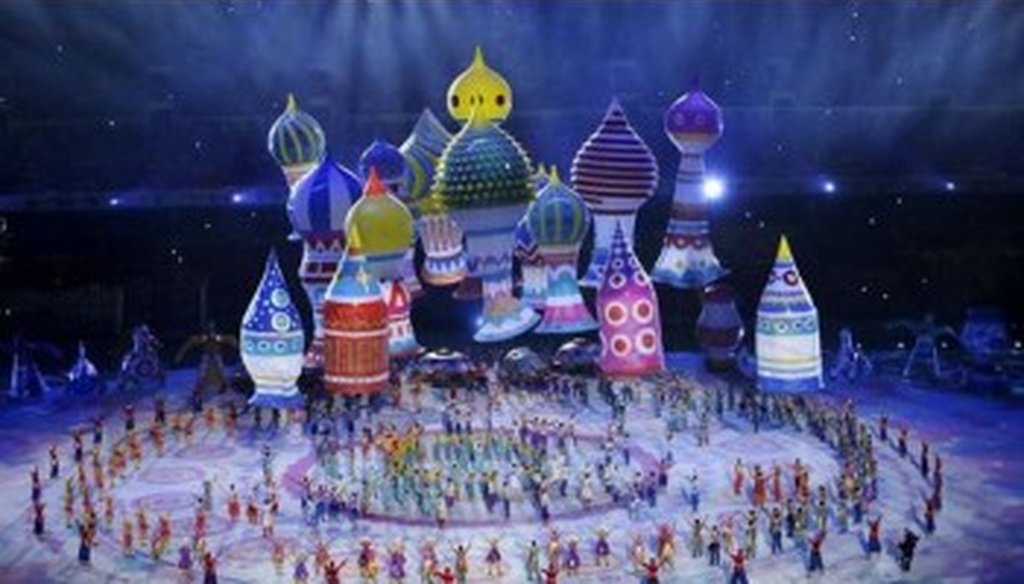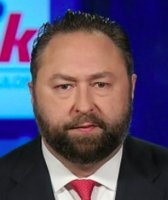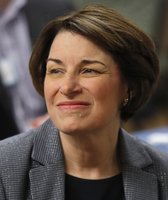Stand up for the facts!
Our only agenda is to publish the truth so you can be an informed participant in democracy.
We need your help.
I would like to contribute

Pundits and politicians debated whether athletes at the Sochi Olympics are safe.
With the Sochi Olympics underway, politicians and pundits took to the Sunday shows to discuss whether American athletes are safe and the state of relations between the United States and Russia.
Janet Napolitano, the leader of the U.S. delegation at the games and former director of Homeland Security, said that the security in Russia seems to be adequate.
"What we’ve seen and what we’ve heard .. (it) seems that the level of security is quite appropriate and very good," Napolitano said on CNN’s State of the Union.
Contrast that with the words of Rep. Mike McCaul, a Republican from Texas and chairman of the House Homeland Security Committee. "I’ve never seen a greater threat in my lifetime," McCaul said on Fox News Sunday. "We’ve already had two suicide bombers go off outside the Olympic Village."
"What poses the greatest threat, in my opinion, is the proximity and the location of where these games are being held… It’s a whole new ball game, makes these Olympics very, very different. I think there’s a high degree of probability that something will detonate, something will go off."
Sign up for PolitiFact texts
PunditFact looked at another claim in the back-and-forth about Sochi. CNN’s Candy Crowley said that Russian Winter Olympics mark the first time in 14 years that "a president or a vice president or a member of their family" will not attend the games.
That rates True.
While it’s uncommon for an American president to attend, the White House has reliably extended the personal touch. Crowley’s statement includes the important catch-all category of family member to make her claim accurate.
As far back as 1998, the then-wife of Vice President Al Gore, Tipper Gore, represented the White House at the Winter games in Nagano, Japan. For the 2000 Summer games in Sydney, Australia, President Bill Clinton’s daughter, Chelsea, took time off from college to watch the competition. In 2004, it was the president’s father and mother, former President George H. W. Bush and Barbara Bush, who made the family connection in Athens, Greece.
George W. Bush stands out for having personally attended twice, in 2008 in China and 2002 in Salt Lake City, Utah.
The other big issue Sunday was a report from the Congressional Budget Office about the health care law. The nonpartisan budget crunchers now say that by 2017 there will be the equivalent of about 2 million fewer people working than there would be in the absence of the law.
The reason? The CBO figured that, when presented with new options for purchasing health insurance outside their job, millions of people would decide they don’t need to work as much.
Republicans used the figures to say that the health care law continues to be exposed as a failure and that the law encourages people to be lazy. Rep. Keith Ellison, D-Minn., had an expectedly different interpretation.
"Americans work way more than the average industrialized countries around the world," he offered on ABC’s This Week.
Ellison’s spokesman pointed us to data from the Organisation for Economic Co-operation and Development. They track the average annual number of hours worked for its 34 member countries, which include many of the most developed nations as well as developing economies. Experts confirmed OECD is a good resource for this information.
This report, last updated in November 2013, shows by country the average number of hours an employee works per year. Across all OECD countries (except for Israel, which they didn’t provide data for), the average number of hours an employee works per year is 1,715.
The United States does come in above that mean, at 1,790 hours worked per year. That’s 10th among OECD countries. It’s a far cry from No. 1 Mexico at 2,226 hours or No. 2 South Korea at 2,163. On the other end of the spectrum, the Netherlands recorded just 1,384 hours annually.
The U.S. average of 1,790 hours is 75 hours higher than the OECD average. That translate to about 1.5 hours extra on the clock each week.
So Ellison’s claim that we work "way more" is somewhat misleading, considering that’s just 4.4 percent more time spent at work, on average.
PolitiFact rates Ellison’s claim Mostly True.
Staff writers Julie Kliegman and Jon Greenberg contributed to this report. Aaron Sharockman is the editor of PunditFact.com.
Our Sources
See individual fact-checks.
























